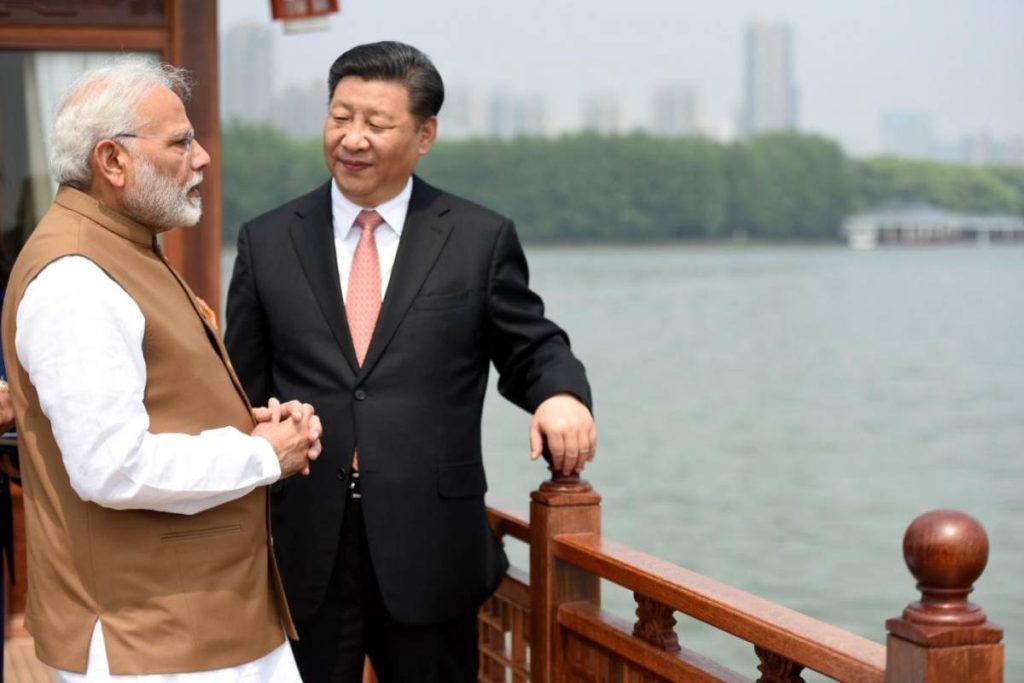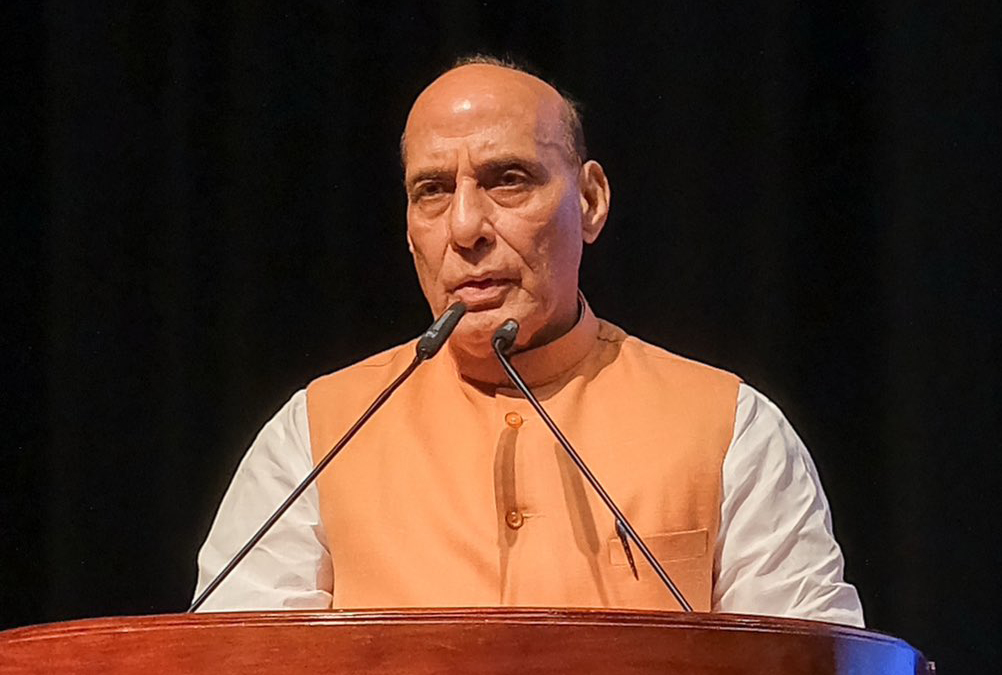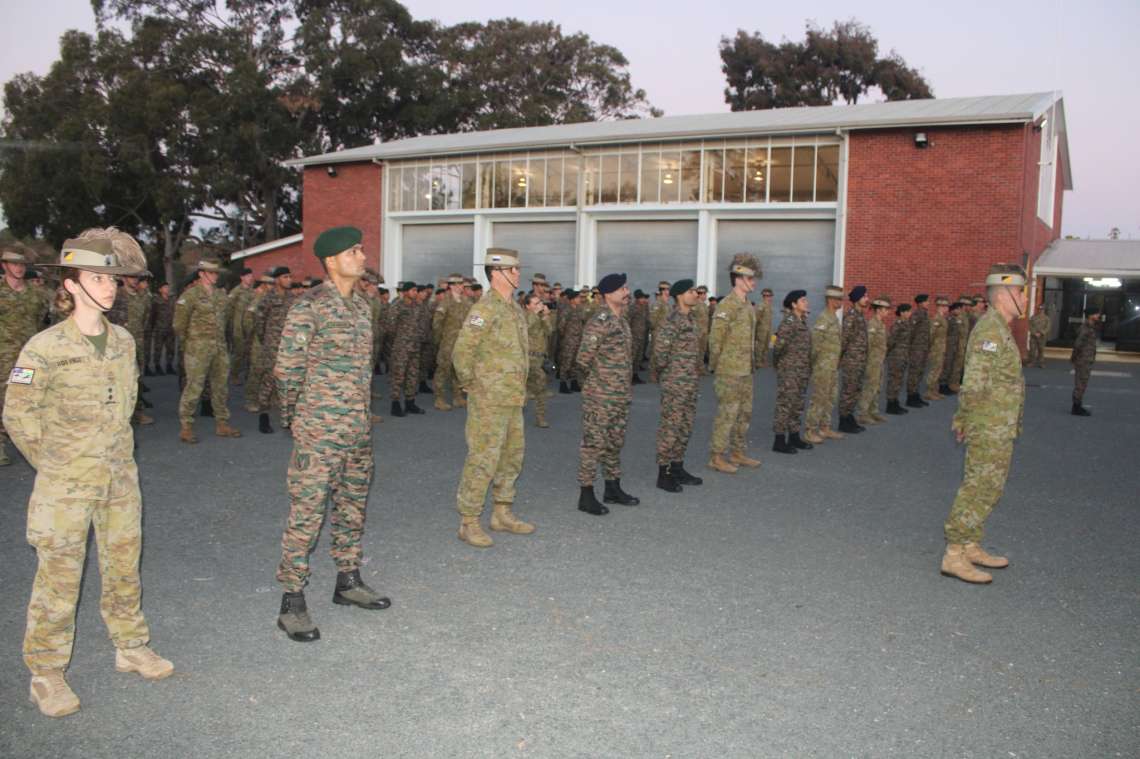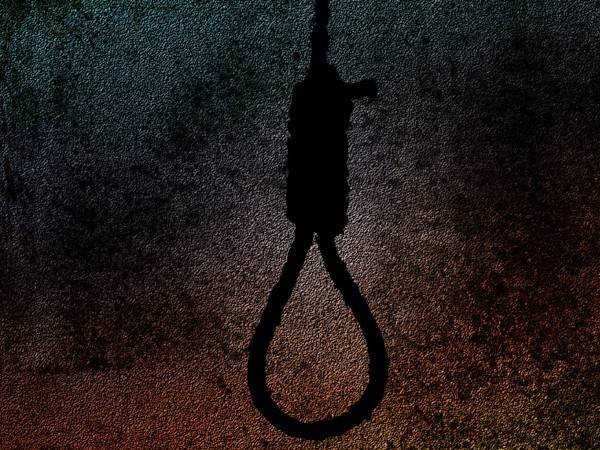India’s BRICS partners South Africa and Brazil also did not show much antipathy for the fourth partner of the grouping China…reports Yashwant Raj
Indians don’t appear to be as negative about China’s foreign policy and its behavior on the international stage as the people of its Quad partner countries polled recently, and, remarkably, that is despite violent border skirmishes with the Chinese military in recent years including the one in Galwan Valley that caused the death of 20 Indian soldiers and possible loss of territory.
A little more than a third of Indians polled for a global study by Pew Research Center — 67% said they had negative feelings about China foreign policy and global role, which was way below the disapproval levels in Quad partners countries Japan, Australia, and the United States — with 87 per cent, 87 per cent and 83 per cent respectively.
People of high-income countries such as those of the Quad partner countries and Sweden, Canada, France, and the Netherlands also showed a higher negative feeling about China – with a median of 74 per cent – than the middle and lower-income countries.

Indians tied with the larger cohort’s median of 67 per cent, with countries like Nigeria (15 per cent), Kenya (24 per cent), Indonesia (25 per cent), Mexico (33 per cent), and Argentina (34 per cent) showing really low levels of negativity.
India’s BRICS partners South Africa and Brazil also did not show much antipathy for the fourth partner of the grouping China, with 40 and 48 per cent, respectively.
The survey found that 57 per cent of the respondents believe China interferes in the affairs of other countries; 71 per cent said China does not contribute to peace and stability around the world; and 76 per cent felt that China does not take into consideration the interests of their respective countries.
The Pew Research Center polled 30,861 adults for this poll in 24 countries. They were contacted in February-March. Surveys were conducted over the phone in Canada, France, Germany, Greece, Italy, Japan, Netherlands, South Korea, Spain, Sweden and the United Kingdom; and in-person in in Argentina, Brazil, Hungary, India, Indonesia, Israel, Kenya, Mexico, Nigeria, Poland and South Africa.
In Australia, the survey used a a mixed- mode probability-based online panel.
Respondents in the US were surveyed online.
India was last polled for this rolling annual survey in 2019, which is before both the Galwan Valley clashes and the Covid-19 pandemic. Only 46 per cent of the respondents had negative views of China then. A 21 percentage point jump since is notable but not remarkable given the hostility harboured by people in other countries, specially in the partner countries of the Quad, a grouping that is dedicated to containing and countering Chinese influence in the Indo-Pacific region.
“At 67 per cent unfavourable, India’s views of China are actually not that dissimilar to the high-income countries, where a median of 74 per cent (across the 16 high-income countries) have unfavourable views of China,” Associate Director of Research, Laura Silver said.
“Indeed, the 21 percentage point increase in negative views of China that we see over the last four years in India may reflect the border dispute that you note, as negative views of China have reached their historic highs in our polling of India,” she added in response to a question about why negative feelings were not higher in India despite the Galwan skirmishes.
Indian and Chinese forces clashed along the Line of Actual Control in Galwan Valley in Ladakh on June 15 in which 20 Indian soldiers were killed — the Chinese have not acknowledged it yet, but they also suffered fatalities. These skirmishes were followed by several more and reports indicated that the Chinese have extended their presence into territory previously held by India.
The Chinese have also built a village in Indian territory in Arunachal Pradesh.
The Indian government responded to the Galwan clashes with a slew of measures including the banning of 200 Chinese apps, which included TikTok, a video sharing social media platform that has since faced similar pushback in many western countries.
The Pew poll found that views about China are “broadly negative”. “A median of 67 per cent of adults express unfavourable views of the country, while 28 per cent have a favourable opinion,” said the report released Thursday.
Negative views of China extended to assessment of China’s international actions.
A median of 71 per cent of the respondents said they believed China did not contribute to international peace and order despite its role in brokering an peace agreement between Saudi Arabia and Iran and its offer of mediation to end Russia’s invasion of Ukraine.














